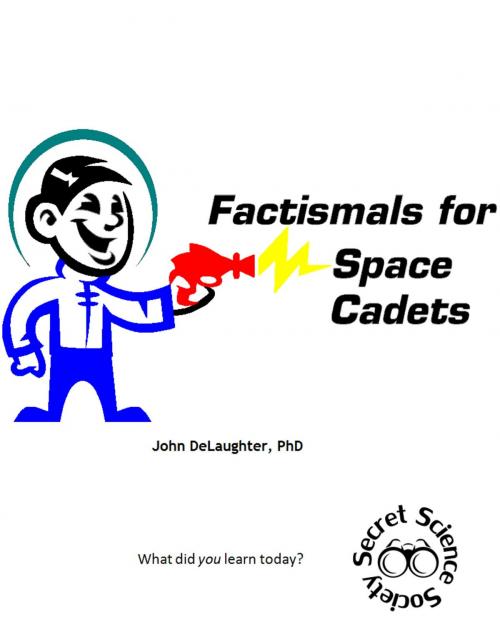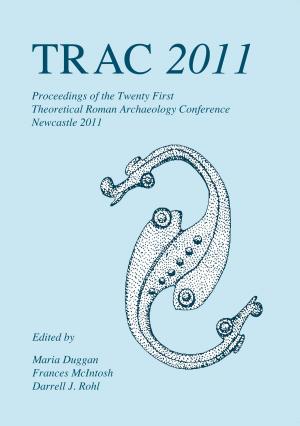Factismals for Space Cadets
Nonfiction, Science & Nature, Science, Other Sciences, Experiments & Projects, History| Author: | John DeLaughter | ISBN: | 9781301982936 |
| Publisher: | John DeLaughter | Publication: | September 24, 2013 |
| Imprint: | Smashwords Edition | Language: | English |
| Author: | John DeLaughter |
| ISBN: | 9781301982936 |
| Publisher: | John DeLaughter |
| Publication: | September 24, 2013 |
| Imprint: | Smashwords Edition |
| Language: | English |
Did you ever wonder how they choose the names for astronomical objects (and if you could name a few yourself)? Or what Jupiter sounds like (and if you could listen)? Or whatever happened to atomic rockets (and if you could ride along)? Then this is the book for you!
Factismals for Space Cadets is all about the little bits of science that make it so interesting. It contains a month's worth of little facts (factismals) that explain a bit of science. Even better, each day includes a link to a science experiment that you can take part in! The experiments range from looking for planets in the Kepler data to helping amateur astronauts launch their own rocket into space to taking pictures of clouds for ground-truthing satellites.
And the best part is that your work in each experiment will help the researchers doing the experiment! This isn't one of those "kill a potato" books; you'll have opportunities to do *real* science and work with *real* scientists. You'll be participating in the movement known as "citizen science".
So take a look. Give an experiment or two a try. What do you have to lose?
Did you ever wonder how they choose the names for astronomical objects (and if you could name a few yourself)? Or what Jupiter sounds like (and if you could listen)? Or whatever happened to atomic rockets (and if you could ride along)? Then this is the book for you!
Factismals for Space Cadets is all about the little bits of science that make it so interesting. It contains a month's worth of little facts (factismals) that explain a bit of science. Even better, each day includes a link to a science experiment that you can take part in! The experiments range from looking for planets in the Kepler data to helping amateur astronauts launch their own rocket into space to taking pictures of clouds for ground-truthing satellites.
And the best part is that your work in each experiment will help the researchers doing the experiment! This isn't one of those "kill a potato" books; you'll have opportunities to do *real* science and work with *real* scientists. You'll be participating in the movement known as "citizen science".
So take a look. Give an experiment or two a try. What do you have to lose?

![Cover of the book Ambulance No. 10. Personal Letters Of A Driver At The Front [Illustrated Edition] by John DeLaughter](https://www.kuoky.com/images/2014/june/300x300/9781782891772-Oidp_300x.jpg)













